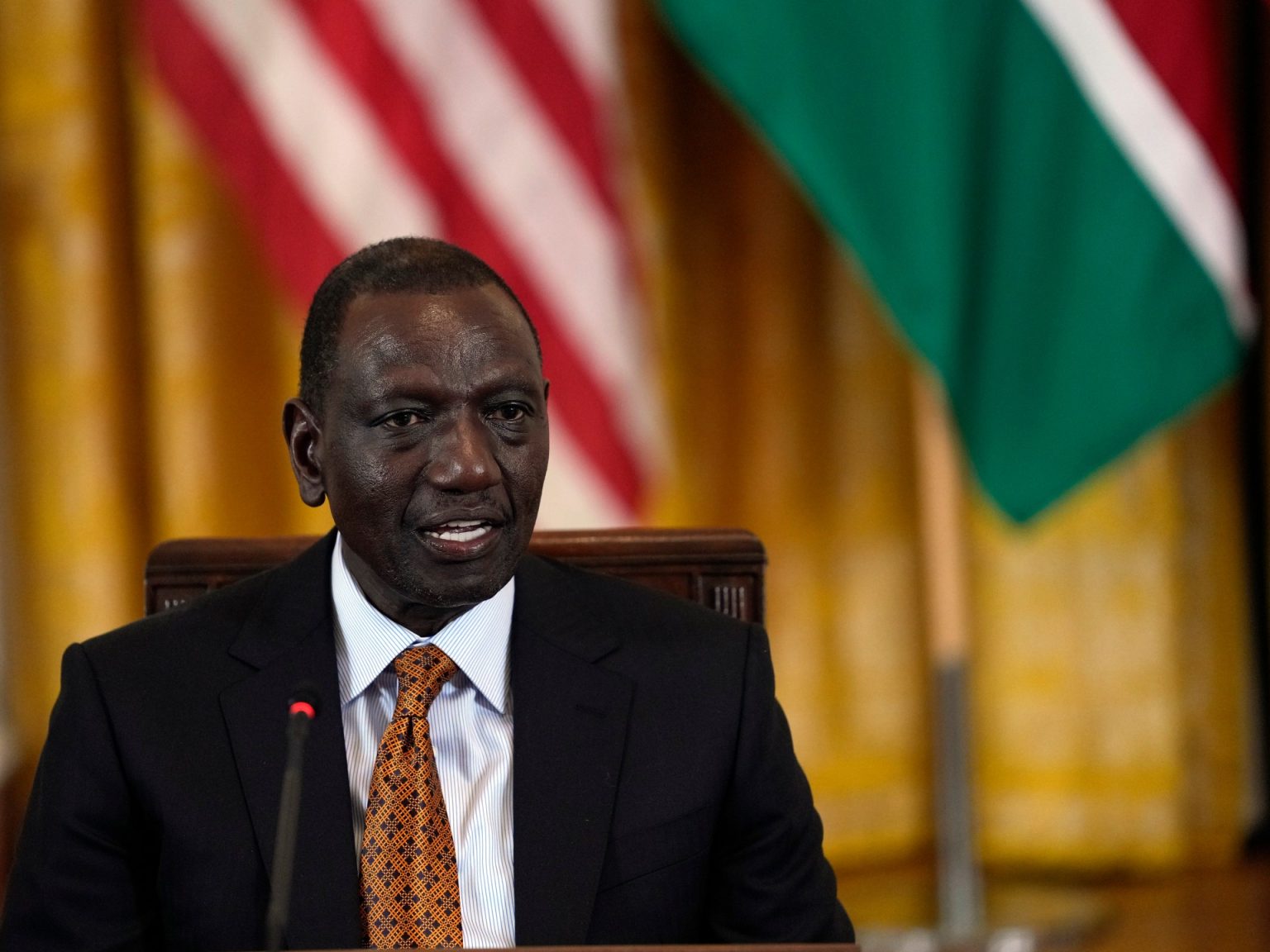The recent nationwide protests in Kenya, led by young people and organized on social media, have caught President William Ruto’s government off guard. The protesters are opposing proposed tax increases, claiming that the government has reneged on promises to reduce taxes and lower the cost of living. President Ruto has expressed readiness for a dialogue with the protesters, acknowledging the importance of engaging with the youth to build a better nation. However, protest leaders are calling for a public response from Ruto and have called for a national strike on June 25 as a way to escalate their demands.
While the demonstrations have mostly been peaceful, there have been incidents of violence and abuse by security forces. Amnesty International and other groups reported that at least 105 protesters were arrested in a violent crackdown that included tear gas, water cannons, and rubber bullets. Tragically, a 21-year-old protester died in a hospital after being hit by a tear gas canister during the protests. The police watchdog is also investigating allegations that a 29-year-old man was shot by officers in Nairobi. These incidents have raised concerns about the heavy-handed response of the authorities to peaceful protests.
In response to the protests, the government initially agreed to roll back some tax hikes outlined in a new bill, including levies on bread purchases, car ownership, and financial services. However, the treasury warned of a significant shortfall of $1.5 billion due to these concessions. To make up for this gap, the government has now targeted an increase in fuel prices and export taxes, which will further burden Kenyans already struggling with a high cost of living and inflation. The economic challenges facing the country are exacerbated by a large debt burden and a depreciating local currency, leaving President Ruto with limited options for addressing the financial crisis.
President Ruto has stated that measures are being taken to tackle youth unemployment and improve access to higher education as part of the government’s budget. He emphasized that the government is concerned about the issues raised by the protesters and is committed to addressing them. However, the reality on the ground is that many Kenyans, particularly young people, are facing difficulties in finding well-paid jobs and are struggling to make ends meet. The ongoing economic challenges and discontent among the population highlight the urgency of finding sustainable solutions to improve the lives of Kenyans and address their grievances.
The protests in Kenya underscore the growing frustration among young people with the government’s economic policies and the impact of tax increases on their everyday lives. The use of social media to organize and amplify their voices has played a significant role in bringing attention to their concerns and demands. President Ruto’s willingness to engage in a dialogue with the protesters is a positive step towards addressing the issues raised by the youth. However, the violent crackdown on peaceful demonstrators and the tragic loss of life during the protests highlight the need for accountability and respect for human rights in dealing with dissent. Moving forward, it is essential for the government to listen to the grievances of its citizens, take concrete actions to alleviate their economic hardships, and work towards building a more inclusive and equitable society in Kenya.


